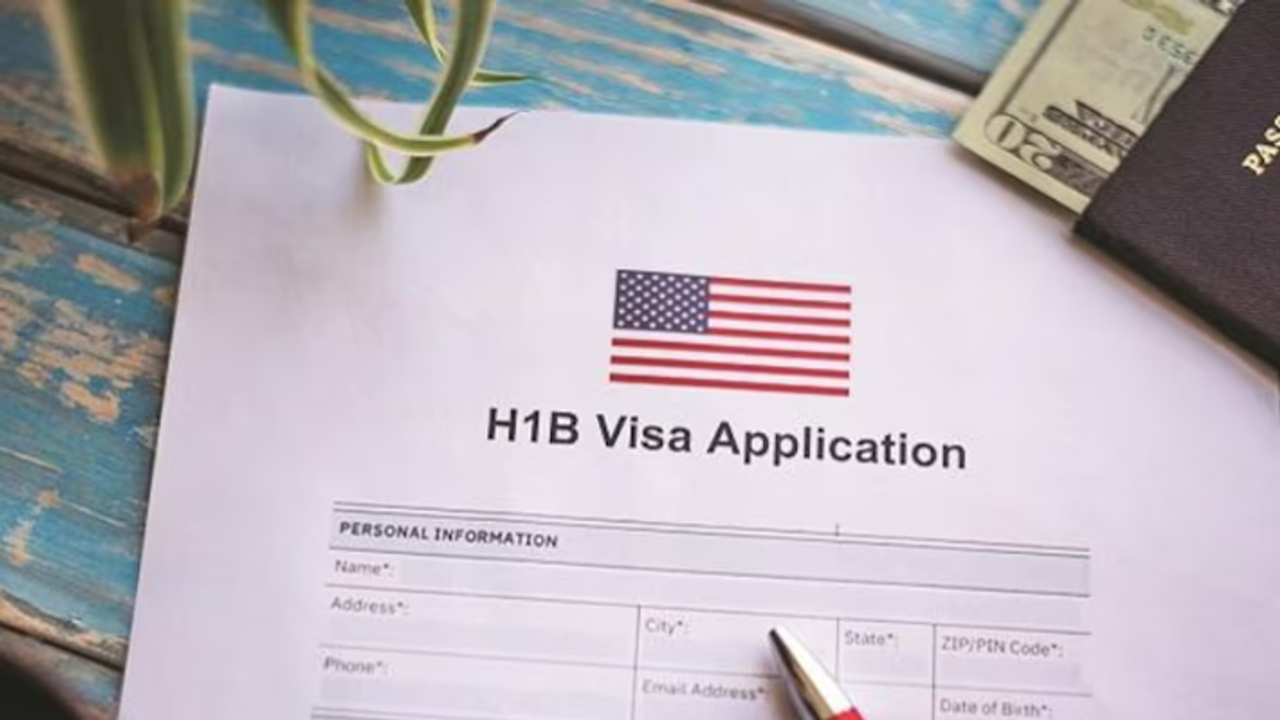The Department of Homeland Security (DHS) issued a statement soon after the court order, making it clear that the policy applies to all non-citizens aged 18 and above, regardless of their legal status.
In a significant development affecting millions of immigrants in the United States, a federal judge has granted approval to a Trump-era policy requiring all non-citizens to register with the government and carry their immigration documents at all times. The ruling that was passed on Friday, has reignited discussions around immigrant surveillance and the enforcement of longstanding federal laws.

The Department of Homeland Security (DHS) issued a statement soon after the court order, making it clear that the policy applies to all non-citizens aged 18 and above, regardless of their legal status. This includes green card holders, individuals on work visas like the H-1B — a large proportion of whom are Indians — and those with border-crossing permits or I-94 admission records.
Also read: Indian stock market: BSE, NSE remain closed today in observance of Ambedkar Jayanti
"All noncitizens 18 and older must carry this documentation at all times. This administration has directed DHS to prioritize enforcement; there will be no sanctuary for noncompliance," the DHS said.
DHS Secretary Kristi Noem echoed a tough stance, reinforcing the administration’s zero-tolerance approach to undocumented immigration. "President Trump and I have a clear message for those in our country illegally: leave now. If you leave now, you may have the opportunity to return and enjoy our freedom and live the American dream," she said. "We will enforce all immigration laws. We must know who is in our country for the safety and security of our homeland and all Americans."
The legal obligation for non-citizens to register with federal authorities and carry proof of their registration has existed for decades. Its roots can be traced back to the Alien Registration Act of 1940, enacted during World War II amid national security concerns and a growing fear of foreign influence.
Also read: Indian textile exporters under pressure as US buyers refuse to share added costs
However, despite being codified into federal immigration law, the mandate has rarely been enforced in modern times. Advocacy groups argue that the rule has not been universally implemented since the mid-1940s, and say its reactivation could raise civil liberty concerns, particularly for those legally residing in the US.
